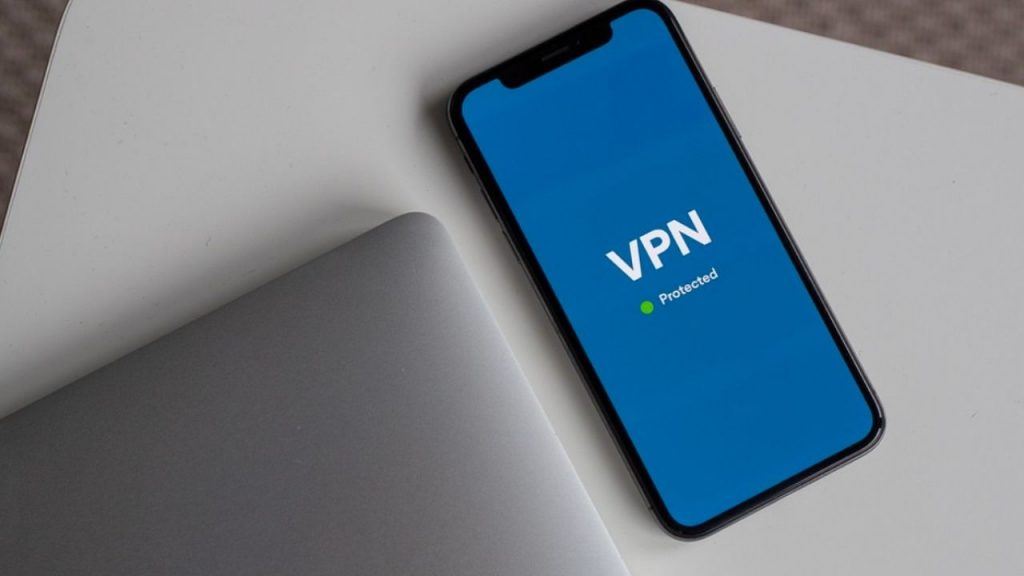Using the internet is a part of many peoples’ daily routine, and it seems to be gaining an ever-more important role in our lives. This makes it all the more important to protect our privacy and identity online. While there are plenty of ways of doing this, a virtual private network (VPN) seems to be gaining in popularity and taking center stage, so it’s a good idea to stay informed about it. In that vein, here are 6 things you might not know about VPNs that you may find interesting.
1. No-Logging Policy Is Important
There are a lot of different VPN providers out there all promising the same thing, but looking into their policies and the features they offer is a good way of discerning the great from the mediocre. While the features you want to be on the lookout for will somewhat depend on why you want to get one, something that’s incredibly important both for a home VPN and a business one is a no-logging policy. The no-logging policy means that they only keep the information necessary to function as a VPN provider – but beyond that, they don’t track or log anything like your identity, where you’re connecting from, what you’re doing online, or any other activity. This makes it much harder for anyone trying to intercept your information to get at it.
2. Access Blocked Content
One of the main benefits, that’s not related to online security, when it comes to VPNs is that they can enable you to access blocked content. If you’ve ever logged into your Netflix account excited to watch a new show you’ve heard about, only to realize the content is banned in your location, you know how frustrating that can be. A VPN works by hiding your IP address and making it look like you’re connecting from somewhere else, and many streaming services aren’t able to tell the difference. This means that you can connect to a VPN server in a location where the content is available and access it seamlessly. Of course, this doesn’t work just for streaming platforms – hiding your IP access in this way will enable you to override pretty much any geo-restricted content out there.
3. Faster Internet Speed
This may come as a surprise, but using a VPN can actually improve your internet speed. They work by encrypting the information going to and from your computer – while this comes at the cost of some processing power, it also creates a more secure connection that can actually use up less bandwidth. This means that you’ll get a better connection when you go online. That said, not every VPN will increase your internet speed, which is why it’s important to look at the features offered, as well as what others have to say about a specific VPN provider. Some do the exact opposite and actually slow down your browsing speed, which, obviously, isn’t very helpful.
4. An Untraceable Firewall
A firewall is something you might be familiar with if you’ve ever set up your home router. It’s an online security measure that will prevent anyone who gets past the first line of home defense – your home network – from getting anywhere near the inner sanctum (your computer). For privacy, it’s important to have a firewall enabled, and most devices have that feature by default. Many people have compared VPNs to a firewall, but it really is more than that. While it does provide the same protection that a firewall does, it goes beyond that. For starters, a VPN is untraceable. That means that even if someone were able to get into the secure part of your home network, past your home router, they wouldn’t be able to figure out who you are behind the VPN.
5. Peer-to-Peer Tunneling Protocols
People usually mention peer-to-peer tunneling protocols in the context of home security and VPNs because it’s a popular way to secure communications between your home computer and your home network. It works like this: when you use a peer-to-peer program (like BitTorrent) and connect to someone else who’s running one, data from their pool is sent through your home internet connection. It was originally designed to let home users with a slow internet connection to home computers fast, but it has become a popular way for VPNs to accomplish the same thing. When your home computer is connected with another home via peer-to-peer protocol, it’s able to encrypt the data that passes through both of their home networks.
6. Traffic Shaping And Policing
This technology is particularly important to those who use a VPN as a home security resource, as it can help to ensure that all of your network traffic is routed through the secure tunnel and nothing else. Traffic shaping and policing lets you define what types of data packets are allowed to enter or exit your home internet connection, and which ones aren’t. On the one hand, this is great for preventing anyone who gets past the first line of defense (your home router) from accessing your data. The downside is that it can also prevent your internet service provider from prioritizing things you need to have a fast, efficient experience online.

VPNs are becoming the go-to method for ensuring online security, which is why more and more people are using them to access the internet securely. The 6 things you didn’t know about VPNs are very interesting points to consider, especially for those who are looking to use a VPN as a home security solution.
